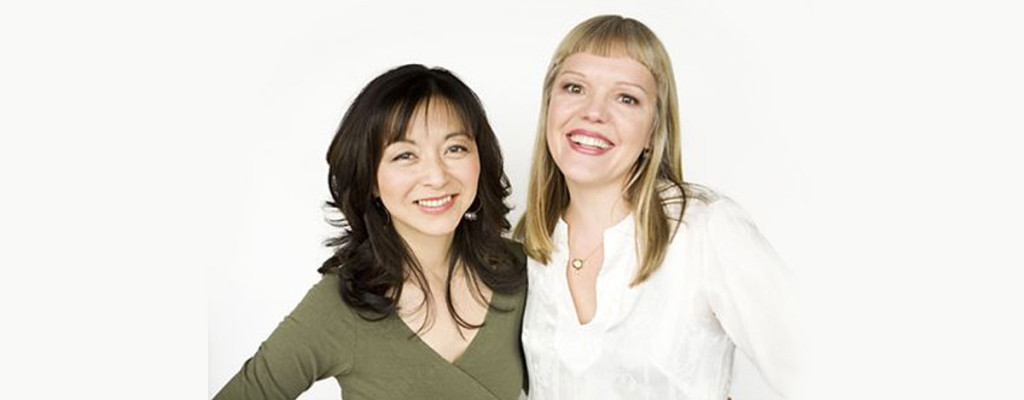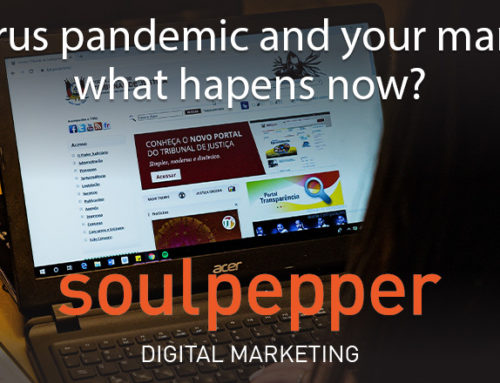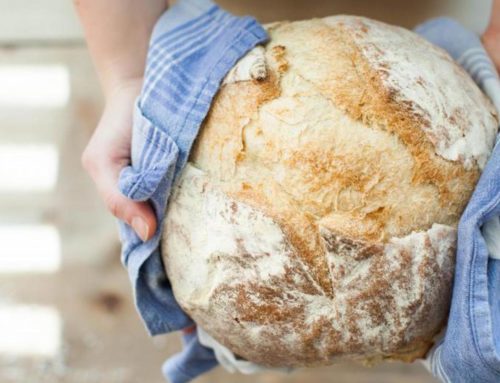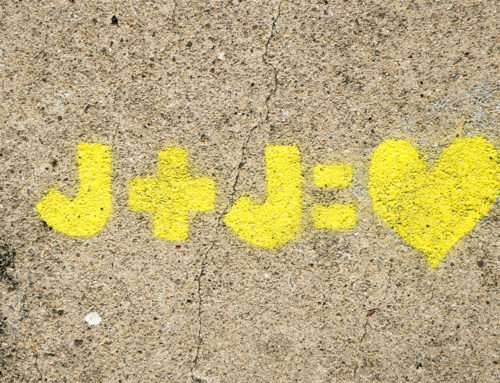What’s the secret to balancing margins and being profitable while sustaining your social impact goals? We’ll let Madeleine Shaw and Suzanne Siemens from Lunapads tell you in their own words.
Madeleine Shaw and Suzanne Siemens need no introduction to the social impact scene. Co-founders of Lunapads, they have been outspoken advocates of leveraging business as a vehicle for good for almost two decades. Featuring a signature line of alternative menstrual products, Lunapads are used by devoted customers all around the world, resulting in over 2 million disposable pads and tampons being diverted from landfills every month. They’ve also developed a powerful social impact mission. Partnering with AFRIpads, their One4Her program improves access to education for girls while supporting local employment for women in Uganda.
soulpepper recently had an opportunity to sit down with Madeleine and Suzanne to hear the real secret to balancing margins and being profitable while sustaining their social impact goals.
Suzanne: Back when we first started, our vision was to simply donate our products to girls and women in the developing world. Each year we took some of our full price product, and shipped them to development partners in North America, who would then take them to Kenya or Uganda or Mali. But this was expensive because we had to ship full cost product that was made here in Canada.
After partnering with AFRIpads, we later realized that it made more sense to have them produce the pads and ship it somewhere in-country. Not only did it significantly reduce our costs, it also began to employ people in Africa to make the products. Rather than try to enable our own business over there, (which wasn’t our objective in the first place), this new model was far more successful in creating a greater impact than what we had originally envisioned.
But even that model is evolving. In our current conversations with AFRIpads, we have now realized that by actually financing or “funding” some of their production costs, it allows them to provide lower cost product to girls in true need. By modifying our “one for one” impact via a “funding” model, we’re enabling the success of AFRIpads through social impact and helping girls get access to affordable pads. Our understanding of impact is evolving and improving.
soulpepper: What about profitability?
Suzanne: From a profitability standpoint, this revised model is actually improving our margin impact, because it’s more cost effective for us to do it in these new ways. It also forces us to be smarter about how we can create greater impact. The decisions have been hard, but they’ve taught us something. I remember when Madeleine and I had that a-ha moment a month or so ago. It was like “This is really good. We need to tell more people about this, because the model of social impact of giving and donating is not perfect. There are ways to make it better.”
Madeleine: When we first heard about this “funding” model, we didn’t really understand it. We were still thinking one for one, buy one give one – super easy to understand, boom, girls get pads. But when we thought about it more deeply, we realized all we’re really doing is addressing the immediate surface problem, not so much the root causes. Another significant step that we took was to make a cash investment in AFRIpads. We feel that by becoming shareholders, we’re having an even greater impact. We are supporting social entrepreneurs and employees in a thriving SME in the country where they can have the greatest impact.
soulpepper: Many social impact entrepreneurs have a very specific vision of what they want their impact to be and it doesn’t change. But as they struggle to build a business, and remain profitable, they are constantly bumping up against it. So when they have to change it because their social vision and business reality doesn’t align, they often feel like they failed, or sold out. What do you say to that?
Madeleine: It needs to change. You really need to listen to your beneficiaries, not just assume that because you have good intentions, you will have the best impact possible.
Suzanne: It’s about evolving your thinking, because there’s always this notion of this Western savior is going to save the developing world. But when you talk to people who are right there, and ask them what they really need, you get a much different perspective. When we were first told what was needed, we didn’t understand it. Then they told us again and we got it. Our challenge now is to convey that complex story in a way that our customers can comprehend it and see our overall impact is greater with our new model, versus the easier to understand “one-for-one” donation model.
soulpepper: So what advice do you have for other Soulpeppers?
Suzanne: I think that social entrepreneurs really need to check their curiosity with respect to what they’re doing, and ask themselves if it really is the best way for them to do it. The other thing they need to check is their ego. You don’t want to just say: “I’m doing it because I’m saving the world” – I want to do it because I really know if it’s truly having that impact, and I don’t need to take all of the credit for it, I just want to know it’s working.
Madeleine: But it’s got that evolutionary quality – maybe that’s how you frame it. It’s the spirit of really applying entrepreneurship to tons of stuff, and just staying loose and being super creative, and accountable, and inquisitive, and not just always assuming that you’ve got the right answer or that you’re the smartest person in the room. We need to keep learning.
– – –
Written by Rik Klingle-Watt
About the author
Rik Klingle-Watt is a soulpepper and the writer of Not Business as Usual, an award-winning documentary about disrupting the business quo.
soulpepper is a digital marketing agency on a mission. We help companies that are up to something good, increase leads, attract more customers and drive more dollars to their bottom line. Check out our newsletter for more great ideas on how to build your ecommerce empire.







Leave A Comment